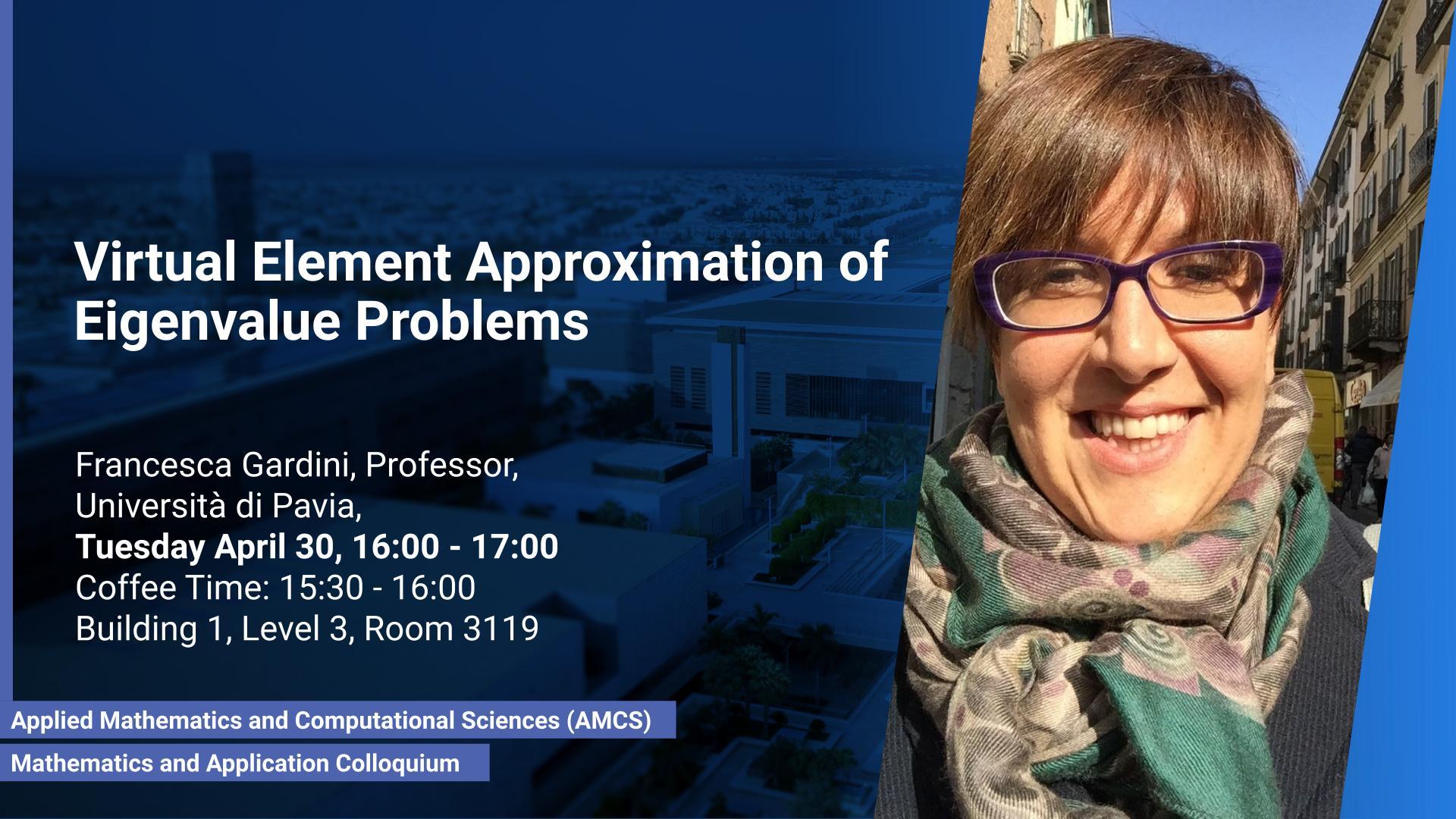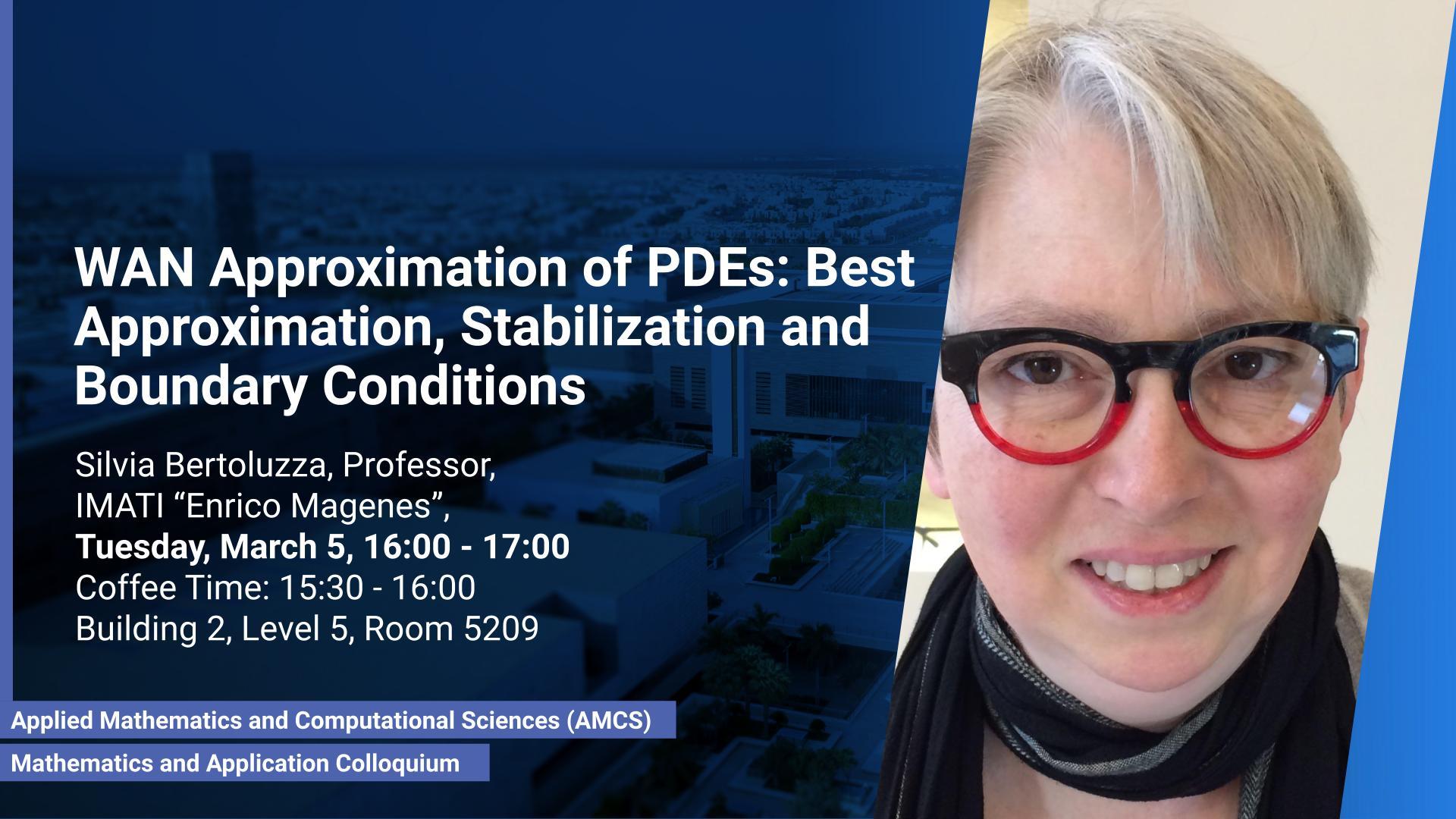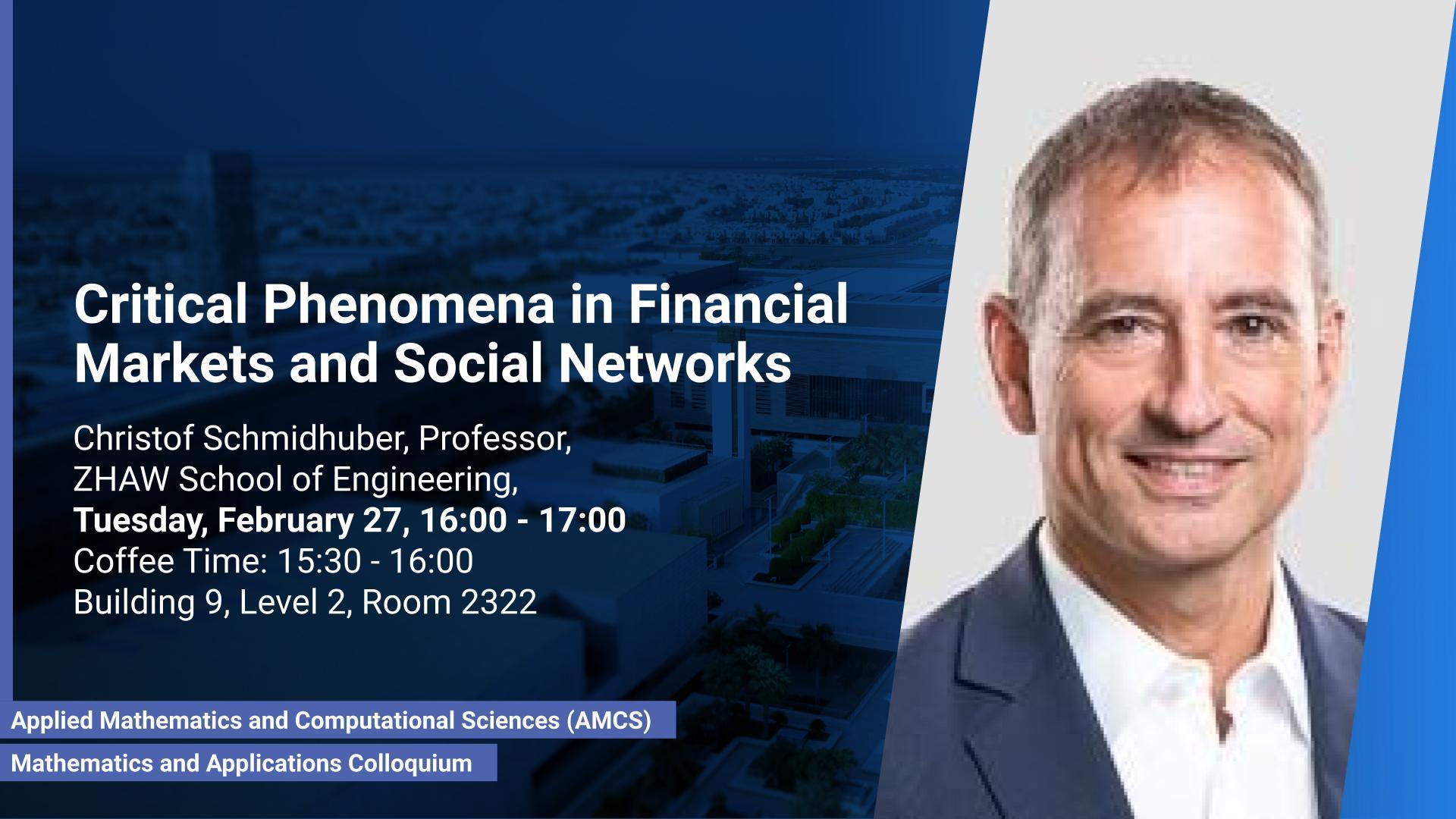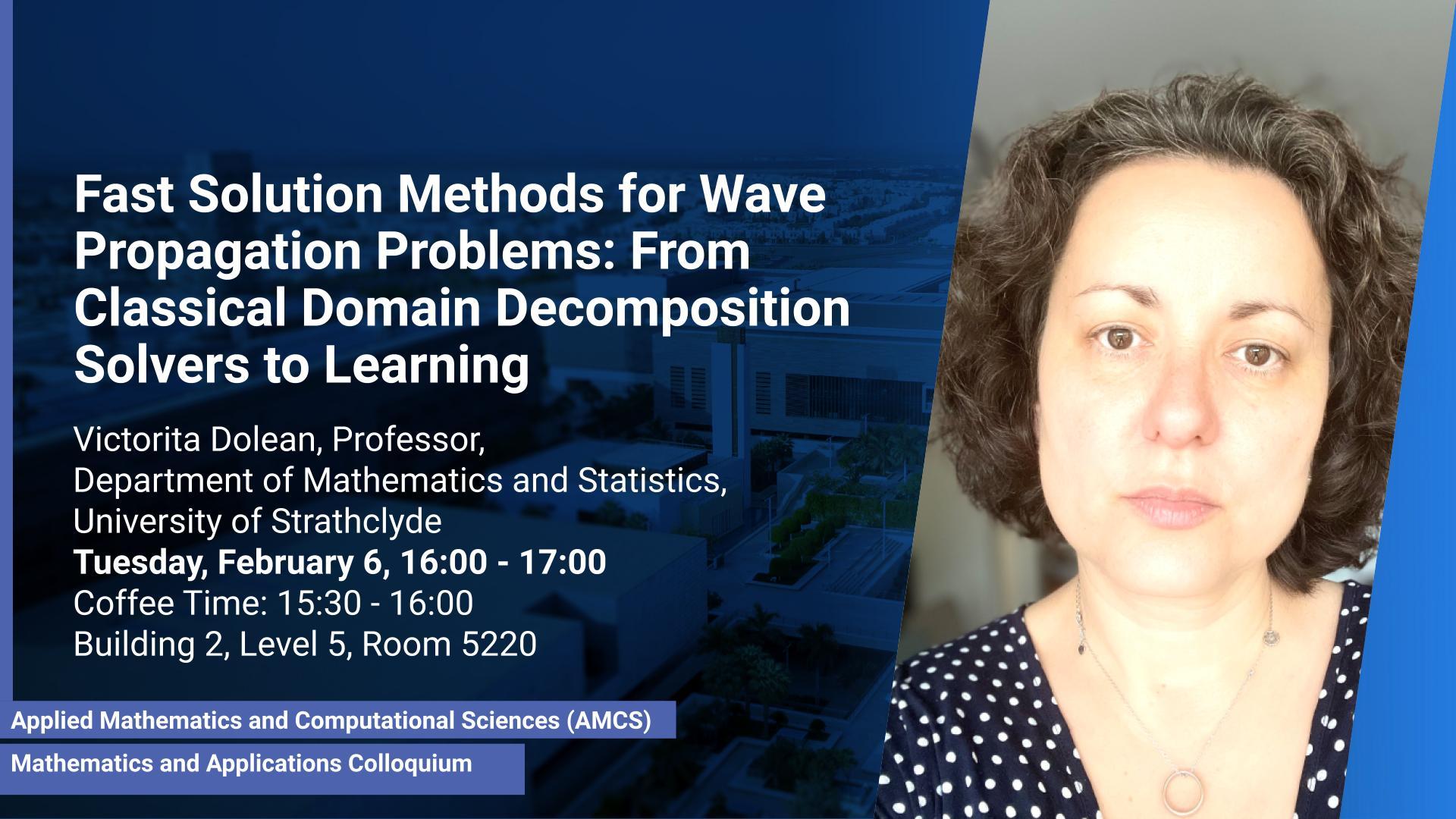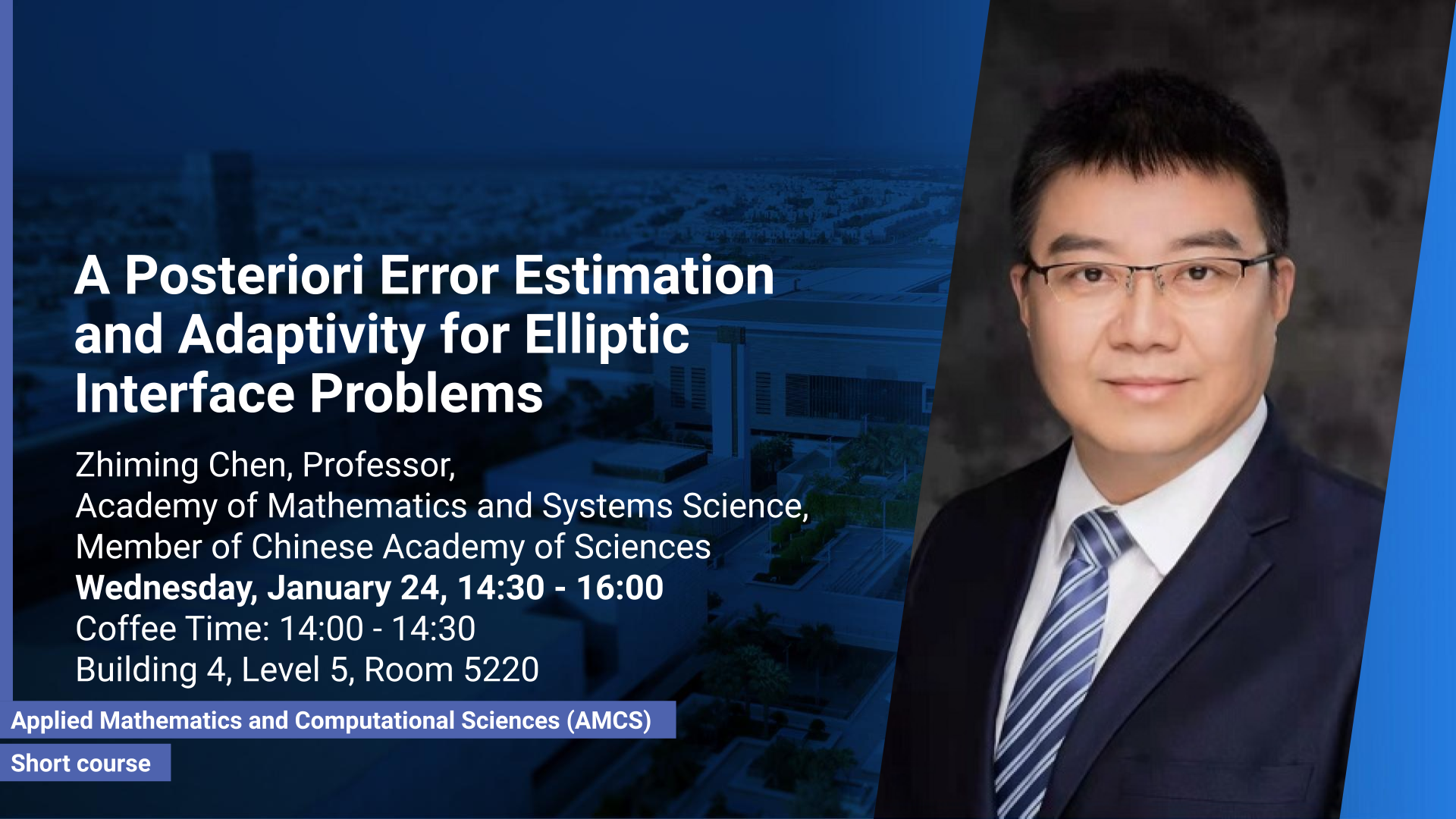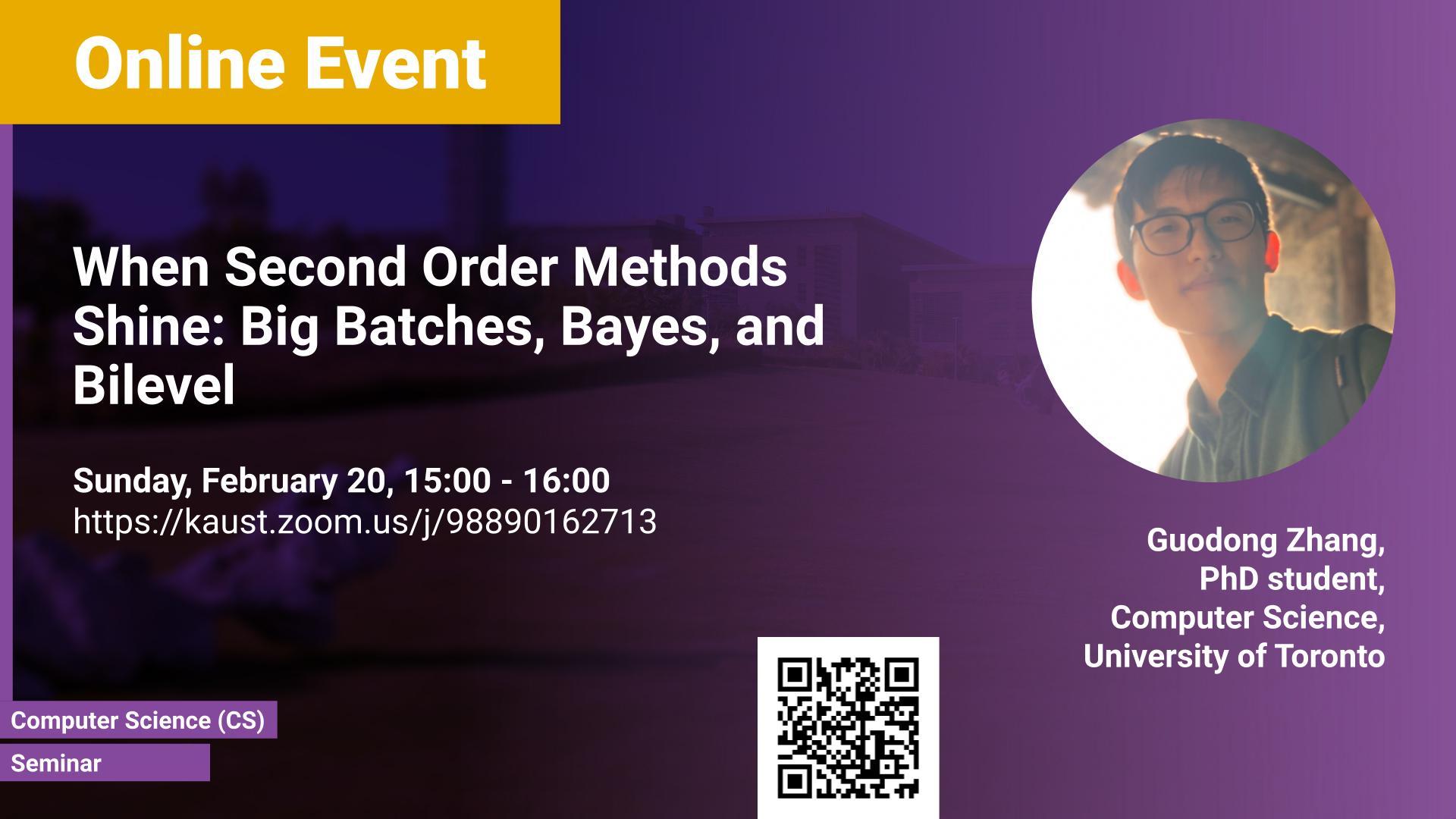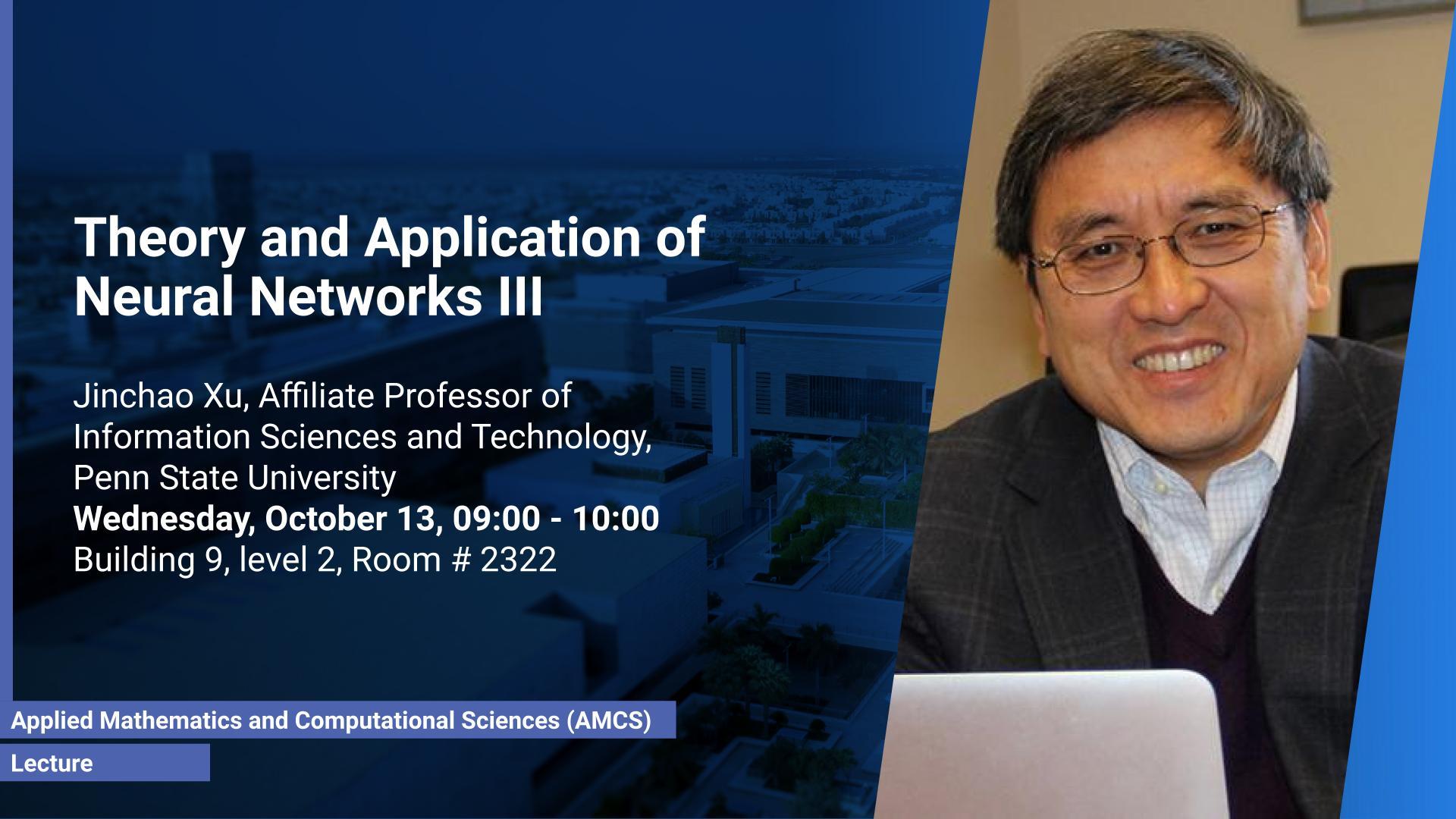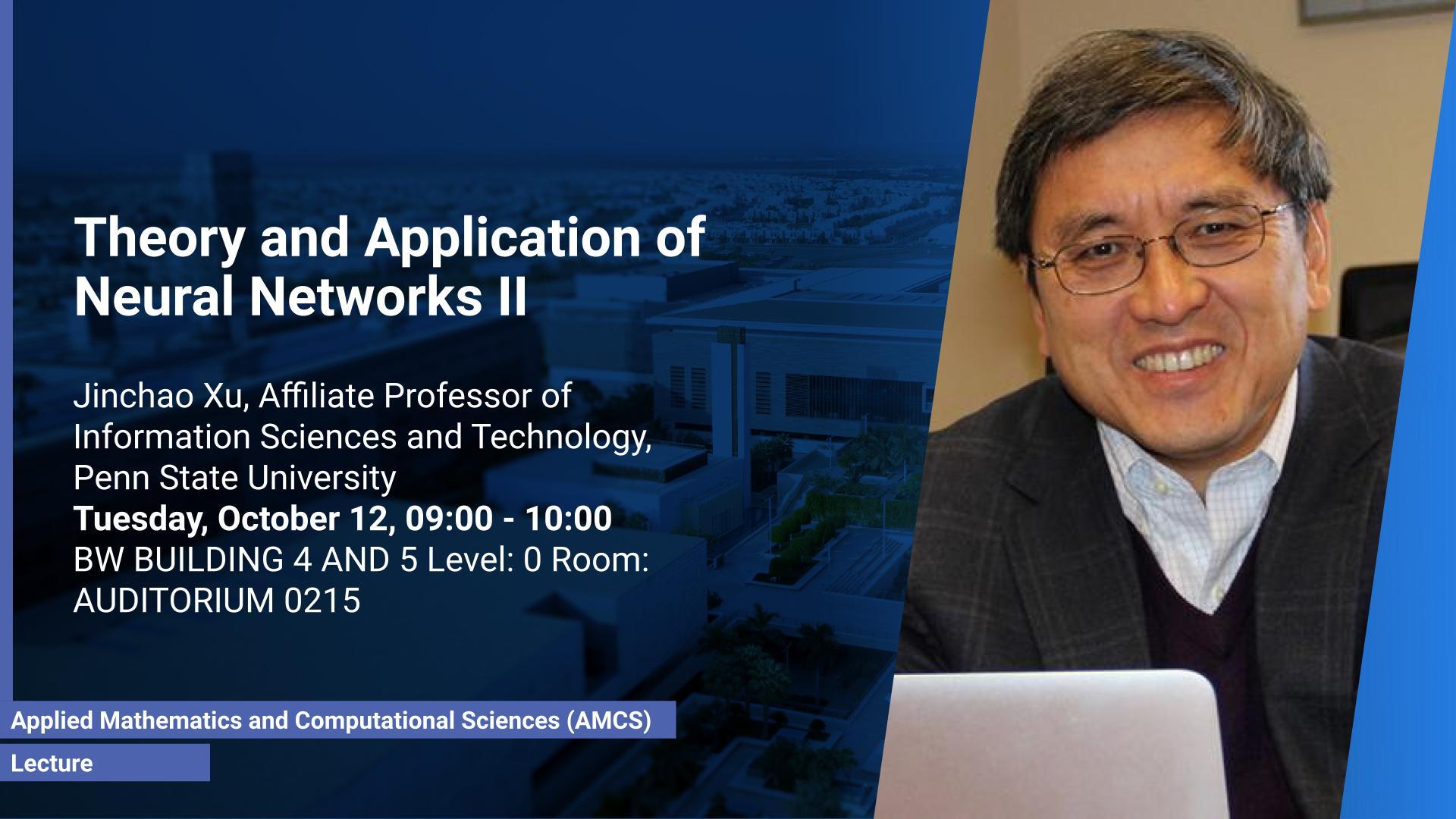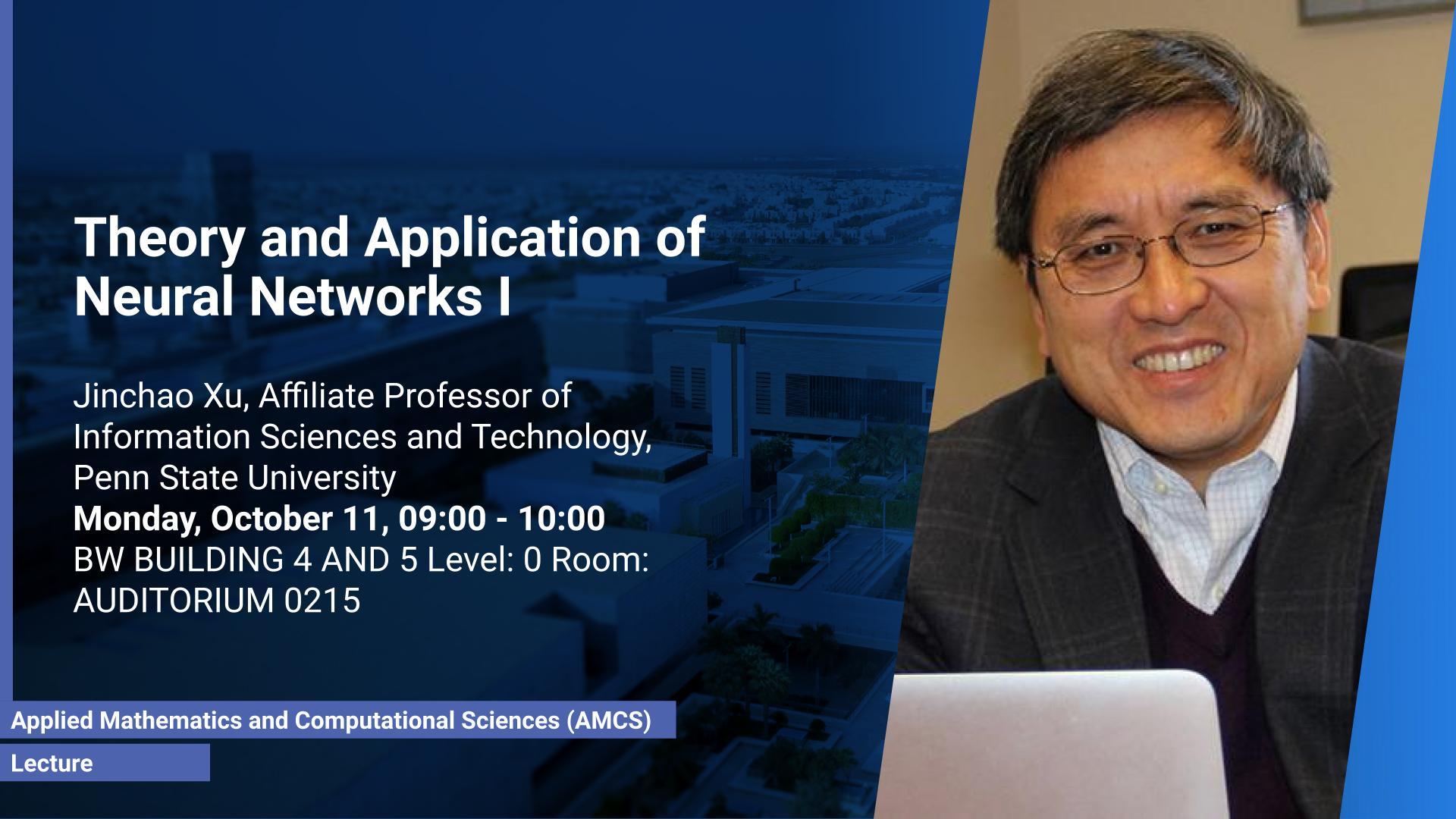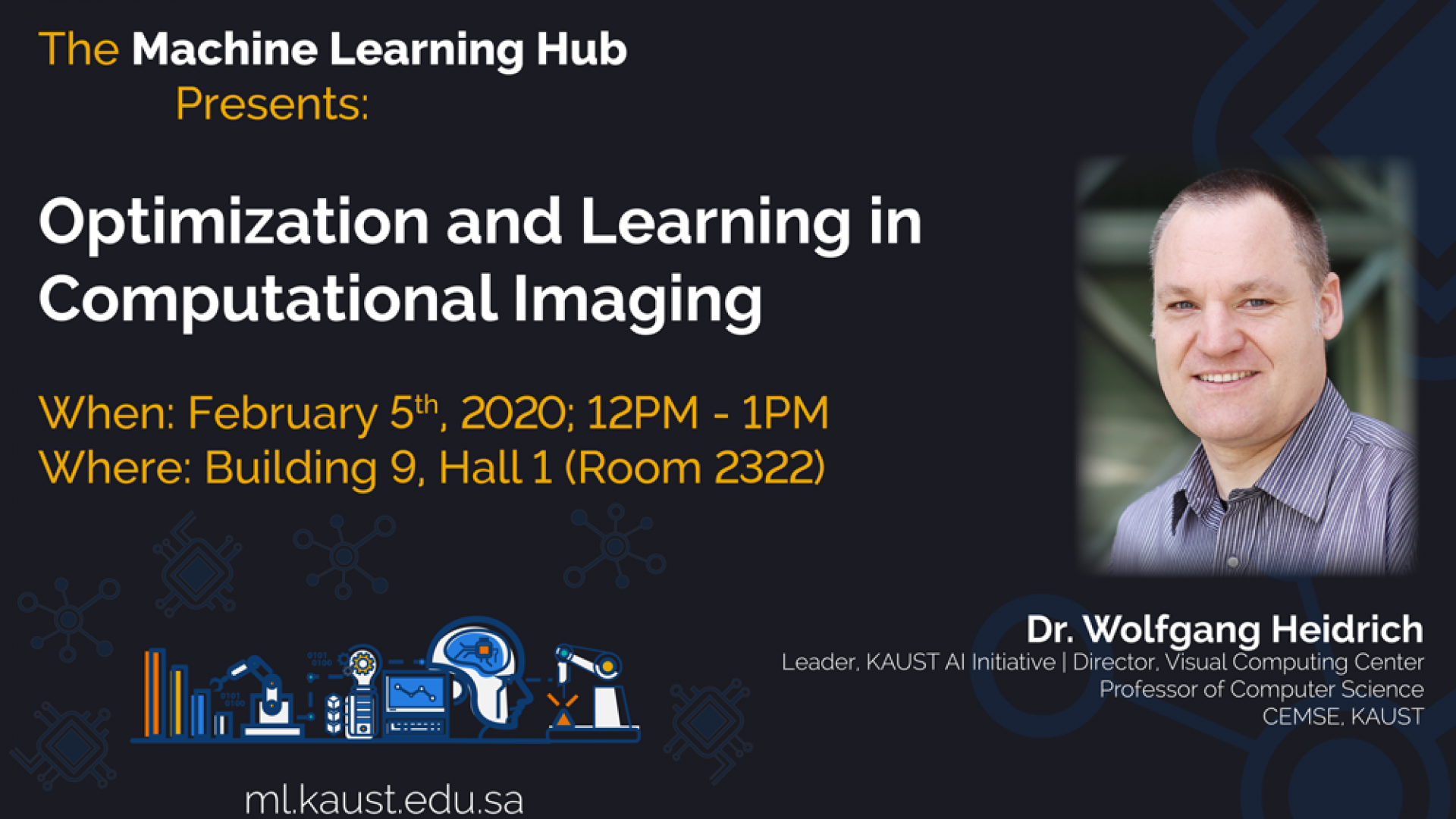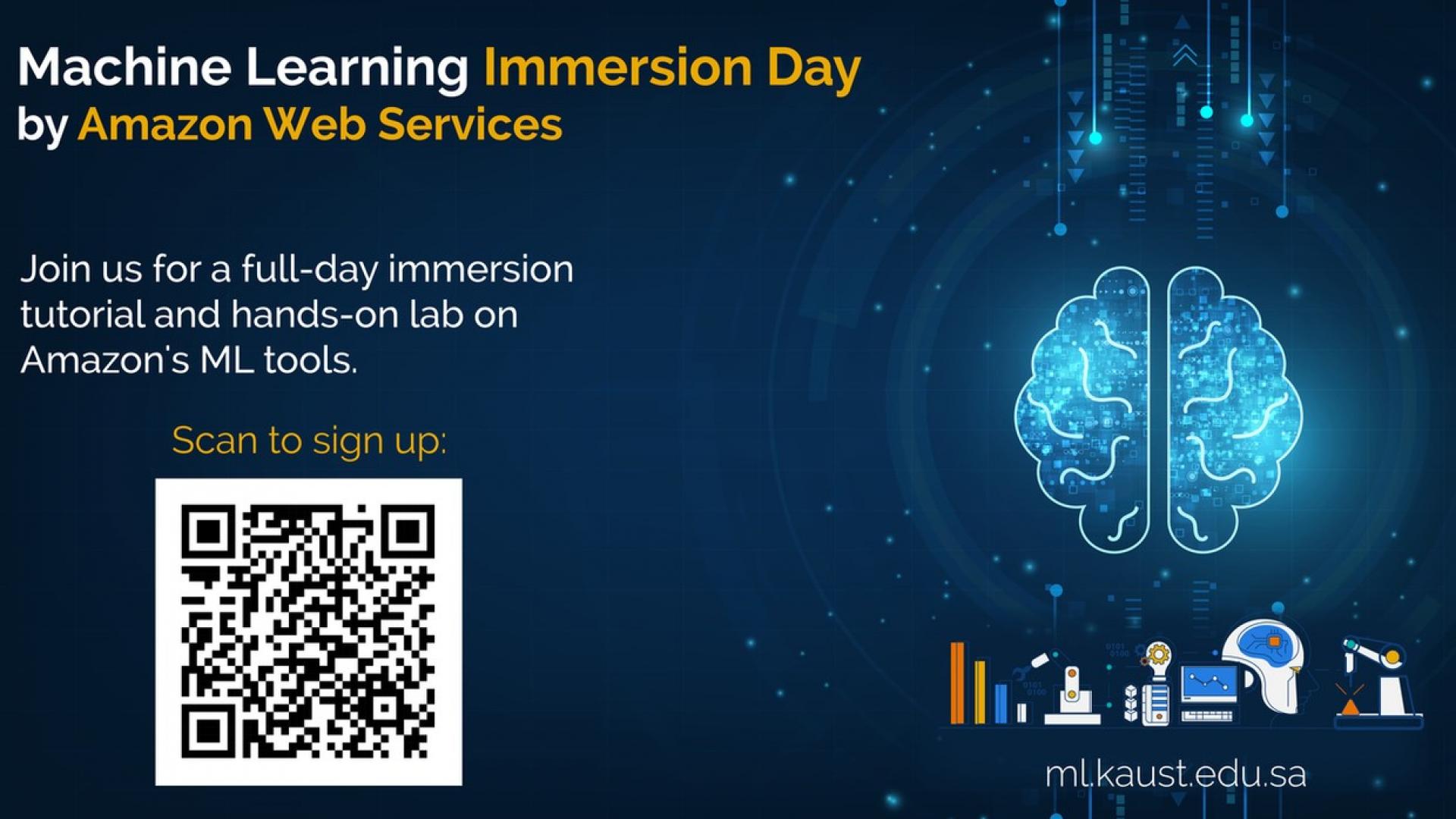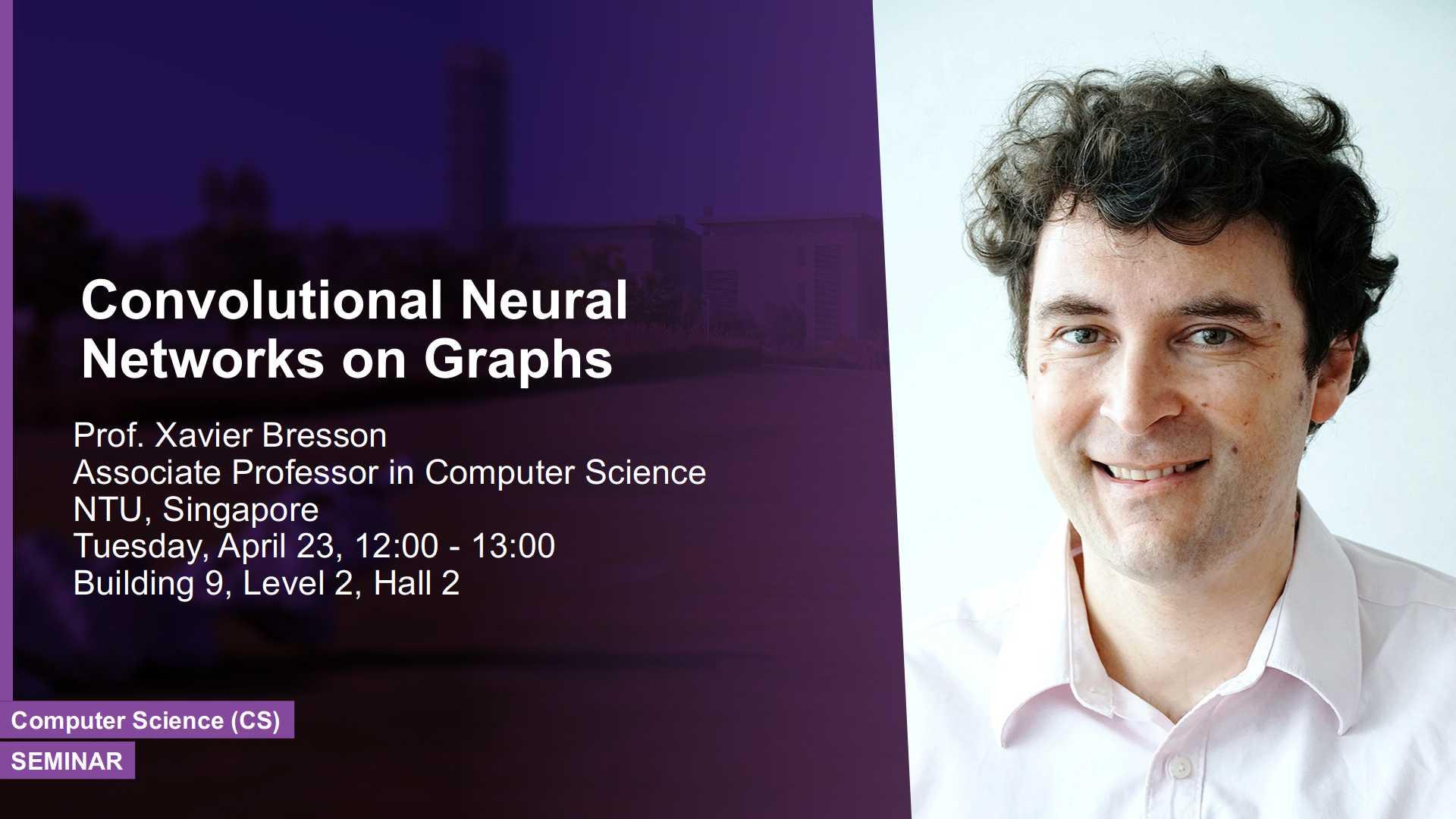Prof. Francesca Gardini, Università di Pavia
Tuesday, April 30, 2024, 16:00
- 17:00
Building 1, Level 3, Room 3119
We will discuss the solution of eigenvalue problems associated with partial differential equations (PDE)s that can be written in the generalised form Ax = λMx, where the matrices A and/or M may depend on a scalar parameter. Parameter dependent matrices occur frequently when stabilised formulations are used for the numerical approximation of PDEs. With the help of classical numerical examples we will show that the presence of one (or both) parameters can produce unexpected results.
